10 Effective Home Remedies To Treat Hyperpigmentation
By: Priyanka Maheshwari Fri, 16 Aug 2024 1:05:14

Hyperpigmentation is a condition where certain areas of the skin become darker than the surrounding skin. This occurs due to an overproduction of melanin, the pigment responsible for skin color. Common causes include sun exposure, inflammation, hormonal changes (like melasma), and certain medications. It can manifest as age spots, melasma, or post-inflammatory hyperpigmentation, often seen after acne or injury. Treatment options vary depending on the cause and severity and might include topical treatments, laser therapy, or other dermatological procedures.
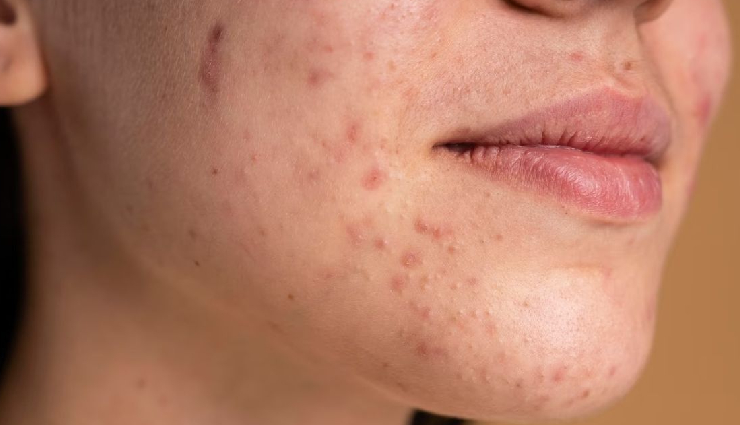
Signs of hyperpigmentation include:
* Dark Spots or Patches: Areas of the skin that are darker than the surrounding skin. These can vary in size and shape and may appear as freckles, age spots, or large patches.
* Uneven Skin Tone: The skin may have an overall uneven color, with some areas appearing darker than others.
* Freckles or Sunspots: Small, dark spots that typically appear on areas exposed to the sun, like the face, hands, or shoulders.
* Melasma: Large, symmetrical patches of dark skin that often appear on the face, particularly on the cheeks, forehead, and upper lip. It is often associated with hormonal changes, such as pregnancy or birth control use.
* Post-Inflammatory Hyperpigmentation (PIH): Dark spots or patches that appear after an injury, acne, or inflammation heals. These spots are usually darker than the surrounding skin and can vary in size.
* Patchy Skin: Irregularly shaped, darkened areas that may be flat or slightly raised compared to the surrounding skin.
There are several home remedies you might consider for treating hyperpigmentation. Keep in mind that results can vary, and it's always a good idea to do a patch test before trying new remedies. Here are some popular options:
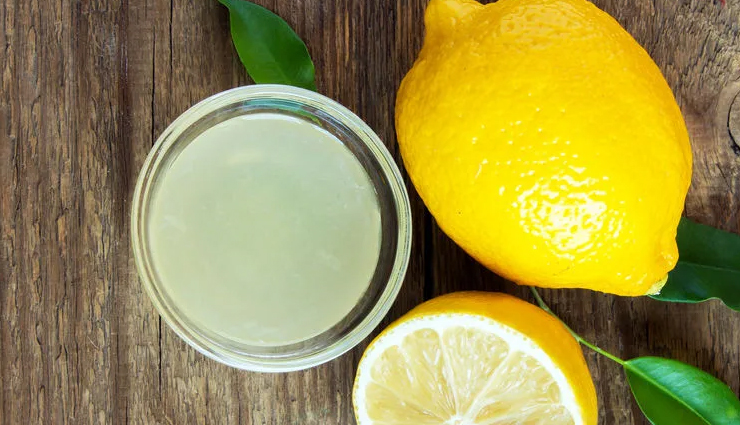
# Lemon Juice: Its citric acid has natural bleaching properties. Apply freshly squeezed lemon juice to the affected areas, leave it on for about 10 minutes, and then rinse off. Use sunscreen afterward, as lemon juice can increase sensitivity to sunlight.
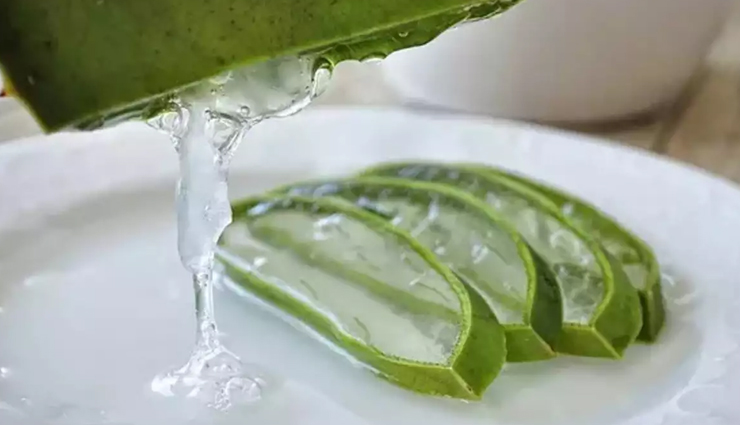
# Aloe Vera: Contains aloin, which may help lighten skin. Apply pure aloe vera gel to the affected areas before bed and rinse off in the morning.
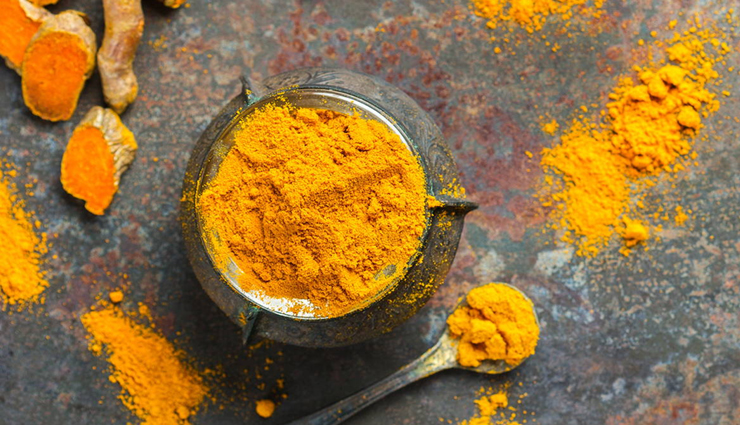
# Turmeric: Known for its anti-inflammatory and skin-lightening properties. Make a paste with turmeric and honey and apply it to the pigmented areas. Leave it on for 15-20 minutes, then rinse off.
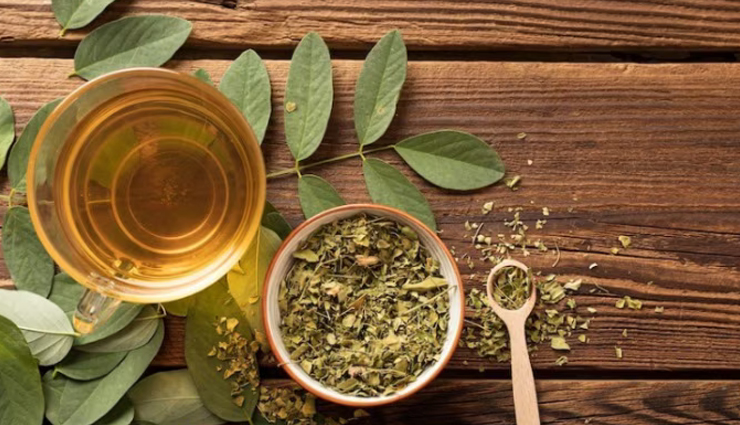
# Green Tea Extract: Rich in antioxidants, it can help reduce pigmentation. Apply cooled green tea bags or green tea extract to the affected areas.
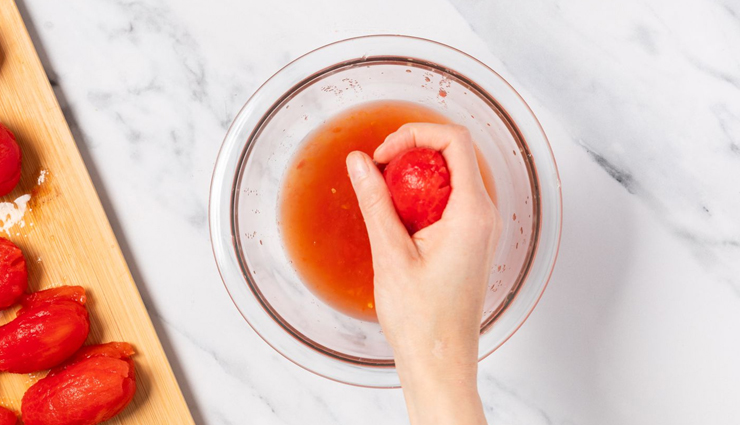
# Tomato Pulp: Contains lycopene, which might help lighten skin. Apply fresh tomato pulp to the hyperpigmented areas and leave it on for 20 minutes before rinsing off.

# Apple Cider Vinegar: Contains acetic acid, which may help lighten skin. Dilute apple cider vinegar with water and apply it to the affected areas. Leave it on for 5-10 minutes before rinsing off.

# Yogurt and Honey Mask: The lactic acid in yogurt can help exfoliate the skin, while honey provides moisture. Mix equal parts of yogurt and honey, apply to the skin, leave for 20 minutes, and rinse off.
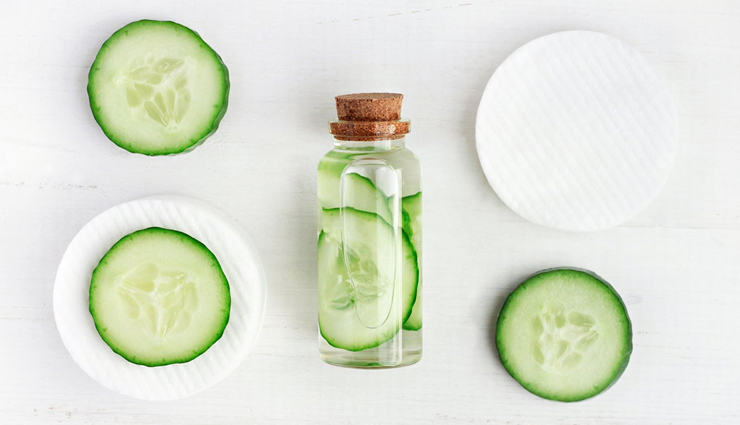
# Cucumber Extract: Has cooling and soothing properties. Apply fresh cucumber juice or slices to the affected areas.
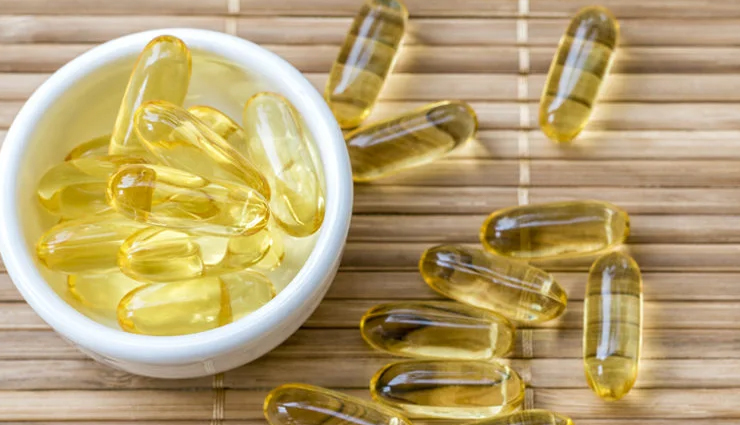
# Vitamin E: Known for its skin-healing properties. Apply vitamin E oil directly to the pigmented areas.
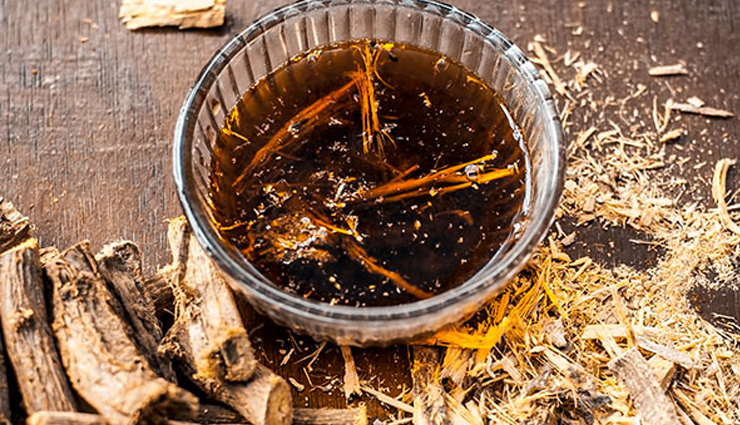
# Licorice Extract: Contains glabridin, which may help lighten skin. Apply licorice extract or a cream containing it to the affected areas.





